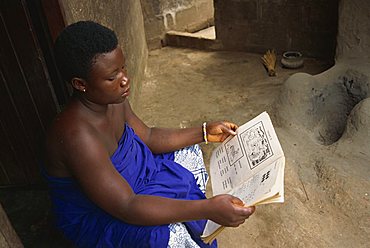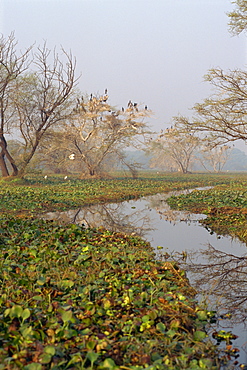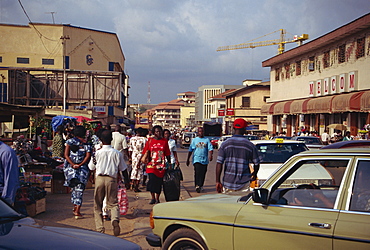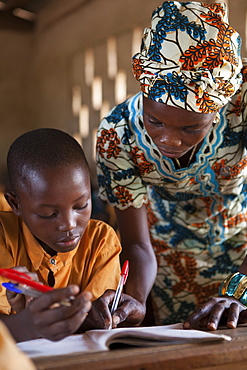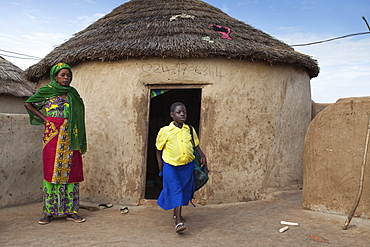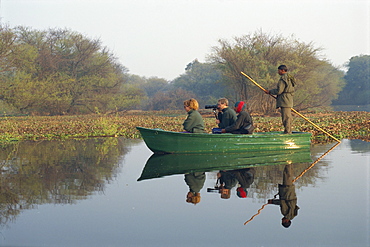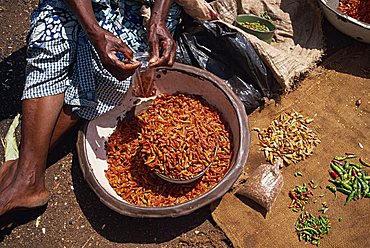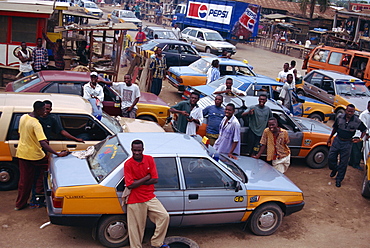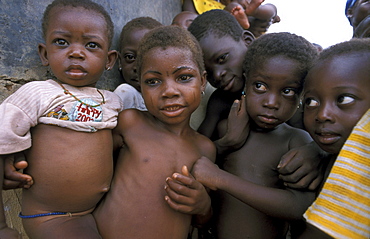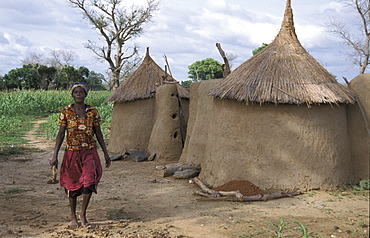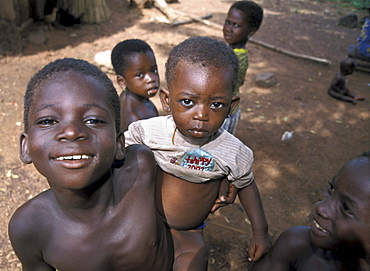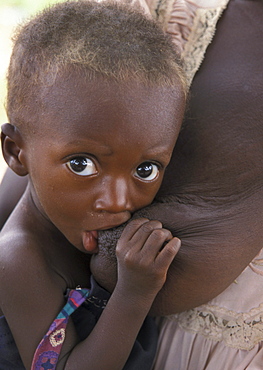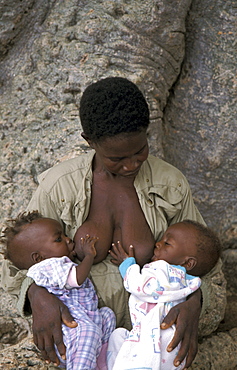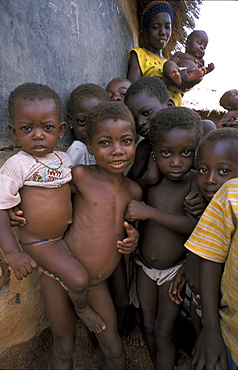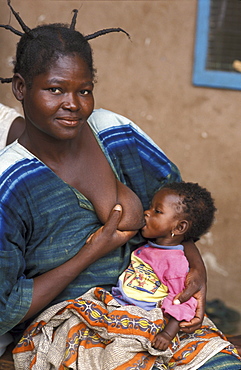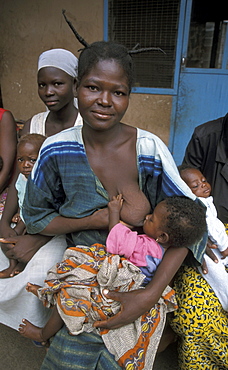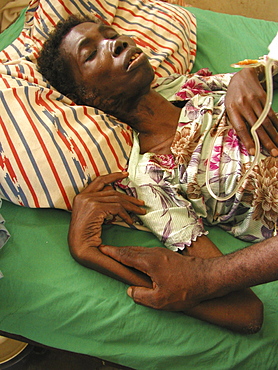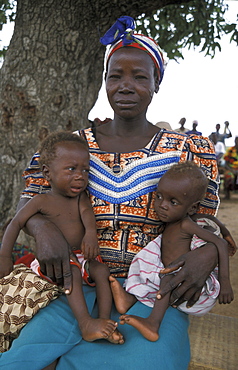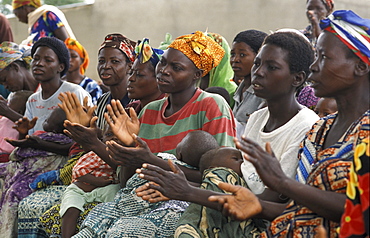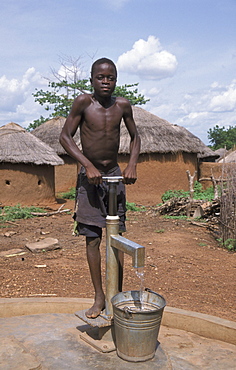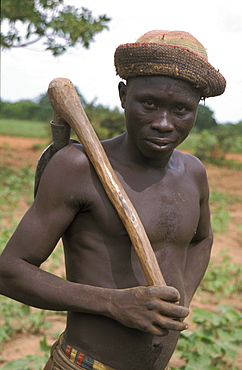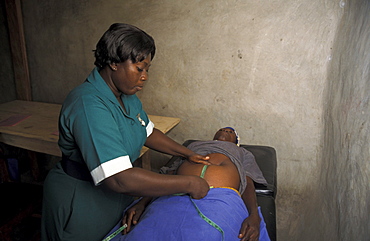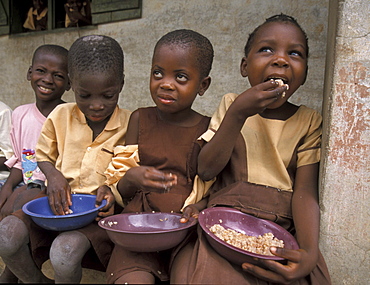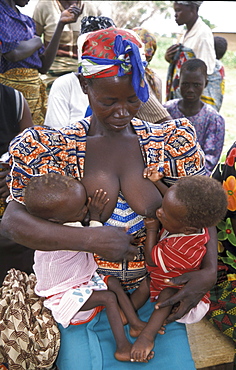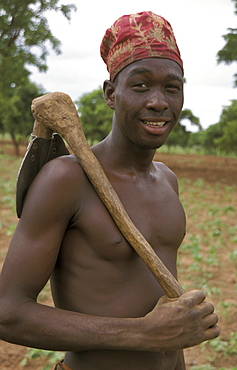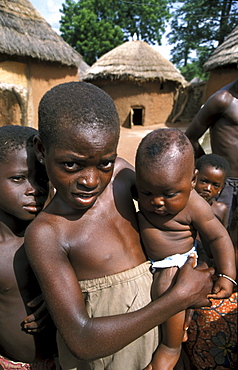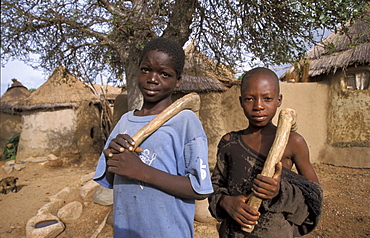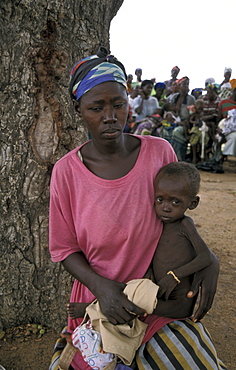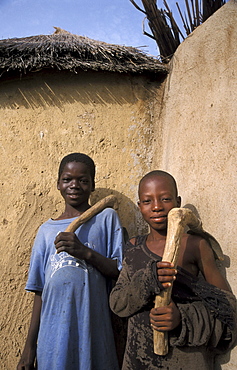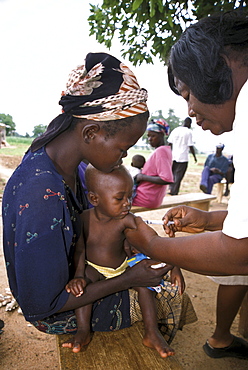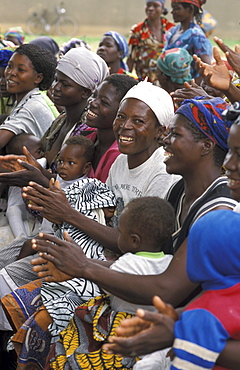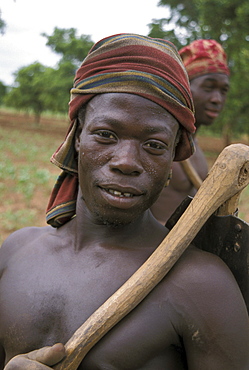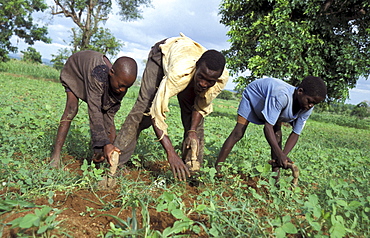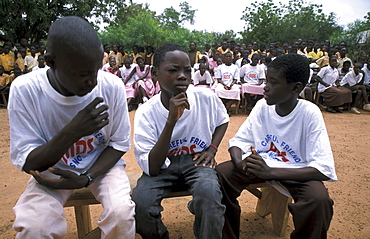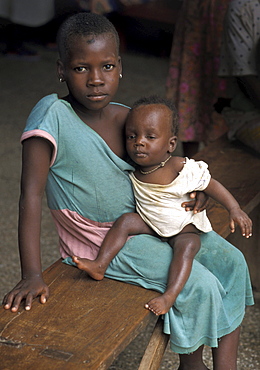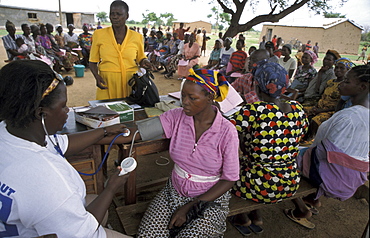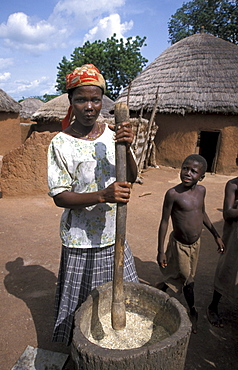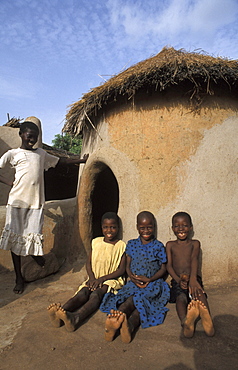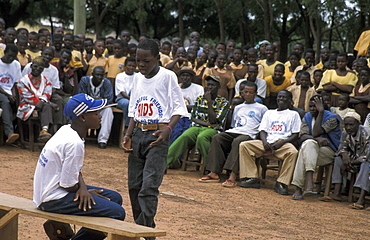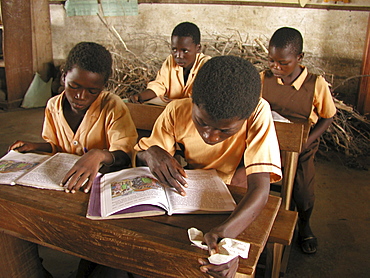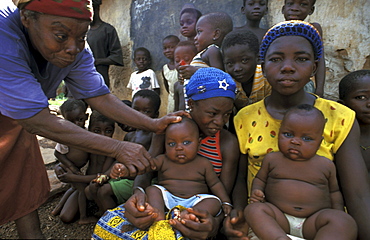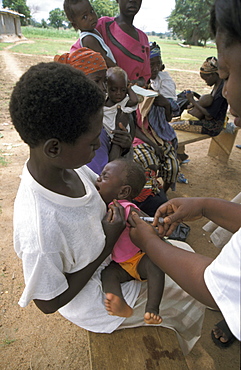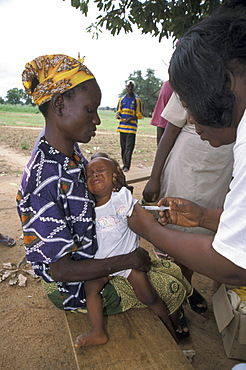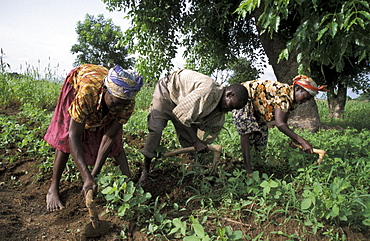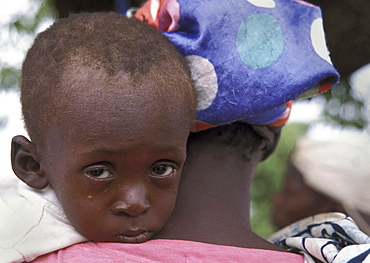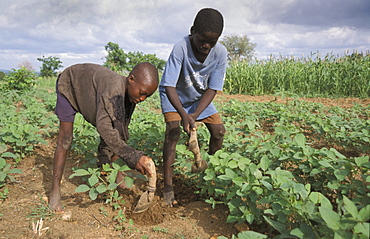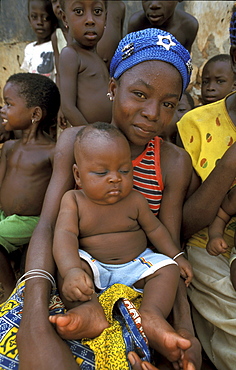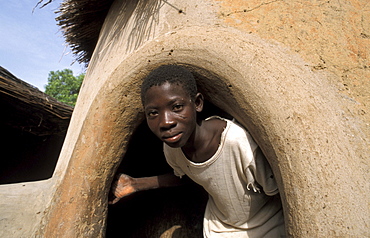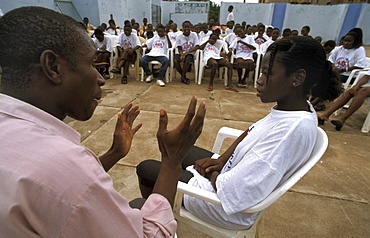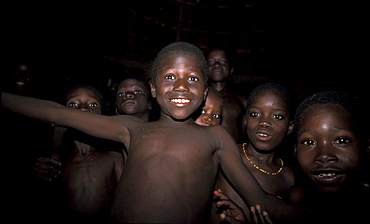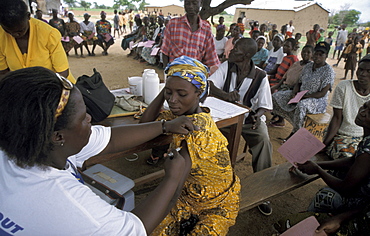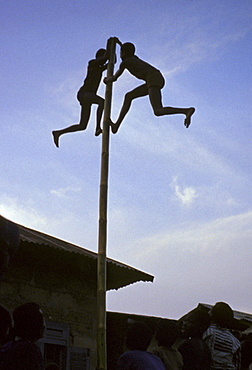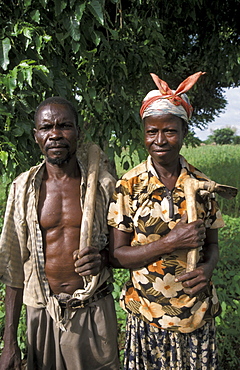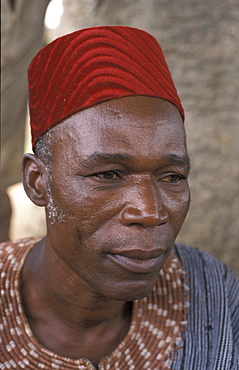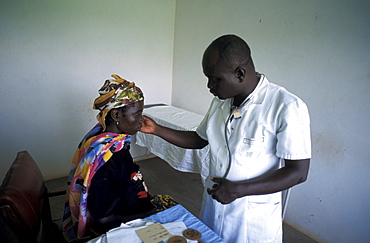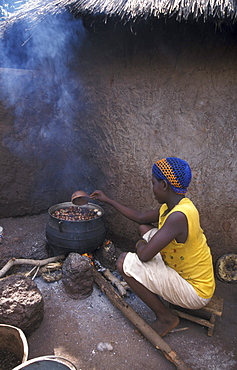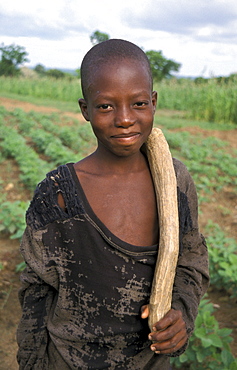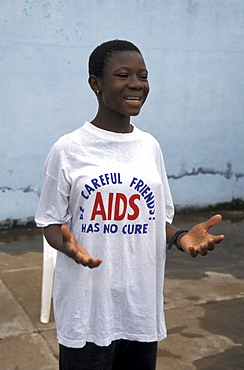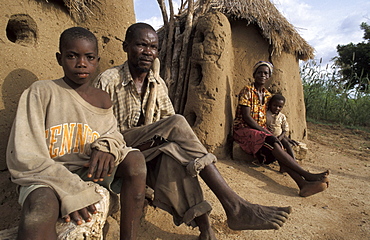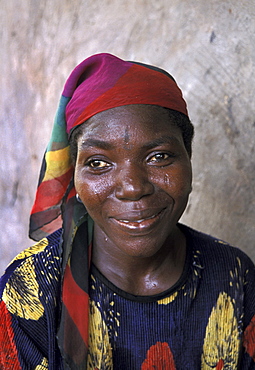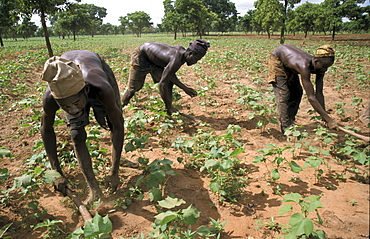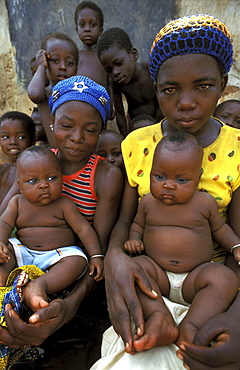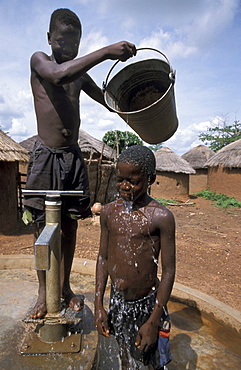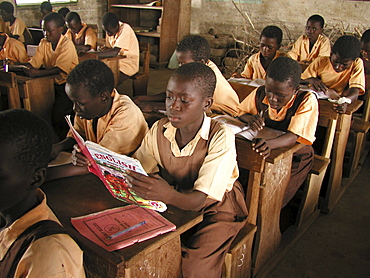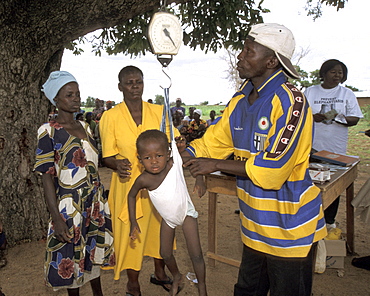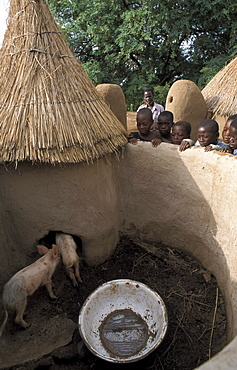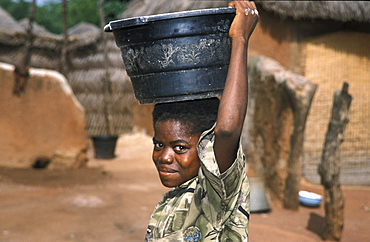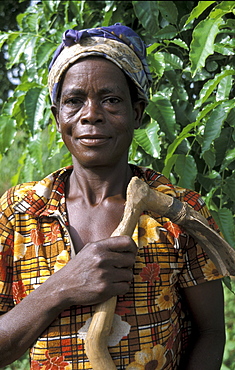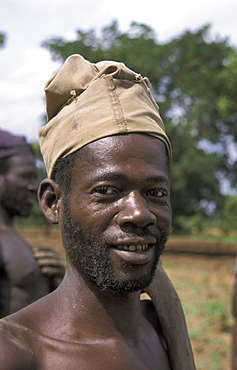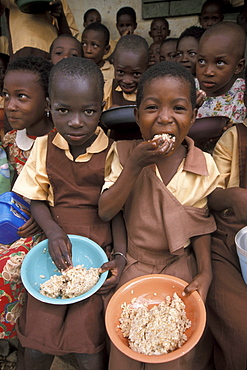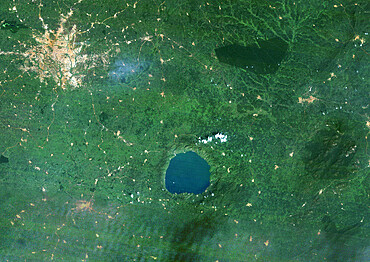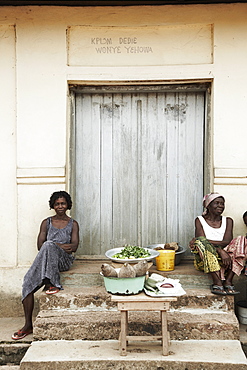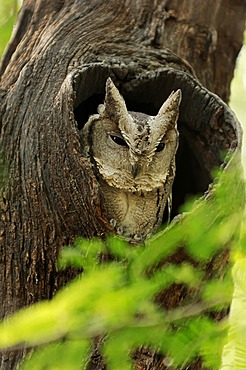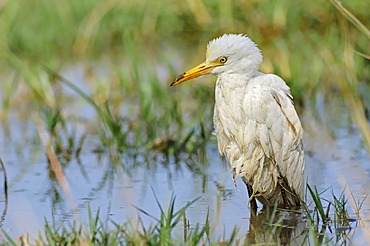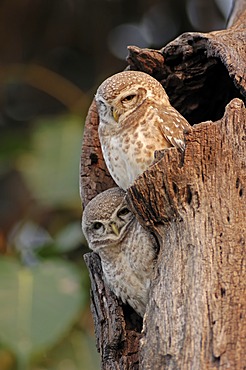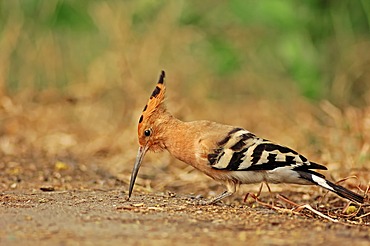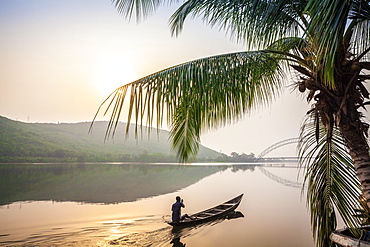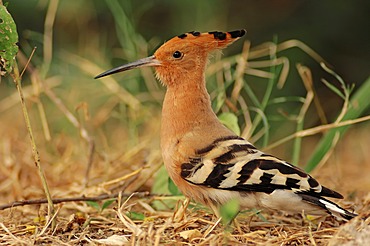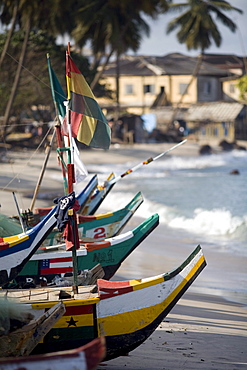Results
« Previous 1 2
103 results found

Ghana abiba zakariah (62), a blind woman who is suffering advanced. She is at the sheikhinah clinic in tamale.
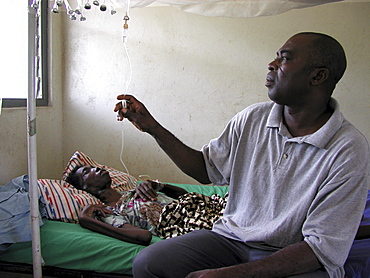
Ghana idi adama (), nurse visiting abiba zakariah who is blind and hiv+ at sheikhanah clinic, tamale

Ghana idi adama (), nurse visiting abiba zakariah who is blind and hiv+ at sheikhanah clinic, tamale
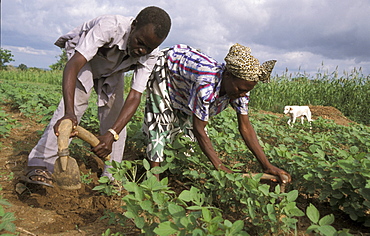
Ghana farmers of bongo, bolgatanga cultivating beans are beneficiaries of a protein nutrition project
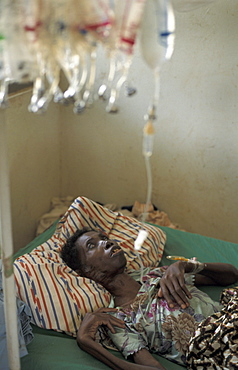
Ghana abiba zakariah (62), a blind woman who is suffering advanced. She is at the sheikhinah clinic in tamale.
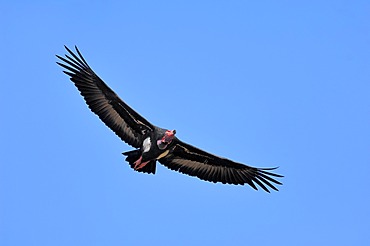
Red-headed Vulture (Sarcogyps calvus), in flight, Keoladeo Ghana National Park, Rajasthan, India, Asia
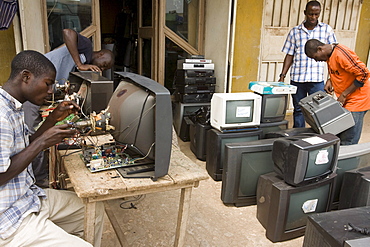
Workers repairing electronics at a shop in Accra, Ghana. The computers are shipped here from Europe and the USA and some are reused but majority are dumped in Ghana.

Burning of computer wire and parts to recover copper and other metals in Accra, Ghana. The computers are shipped here from Europe and the USA and some are reused but majority are dumped in Ghana. Poor workers often from the northern poorer region of Ghana do the work and sell the copper to buyers who send the copper to China or India.
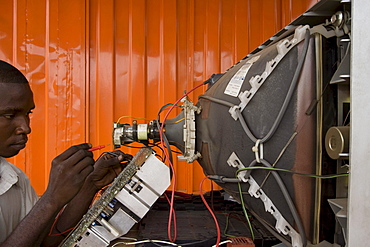
Workers repairing electronics at a shop in Accra, Ghana. The computers are shipped here from Europe and the USA and some are reused but majority are dumped in Ghana.

Elderly man in a dugout canoe beside a large fishing boat. Sulima is a fishing village on the Alantic coast at the mouth of the Moa River near the Liberian border. Along its pristine beach, one of the longest in West Africa, fishermen launch dugout canoes and fish with nets drag back manually from the shore. Larger power boats mainly from Ghana leave from the more sheltered harbour on the Moa River. Most of the fish is smoke dried by the women of the village and then sold in markets as far off as Monrovia, Liberia.
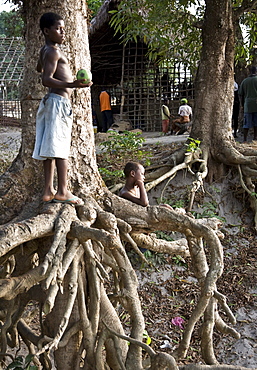
Young boys looking out over the town's port. Sulima is a fishing village on the Alantic coast at the mouth of the Moa River near the Liberian border. Along its pristine beach, one of the longest in West Africa, fishermen launch dugout canoes and fish with nets drag back manually from the shore. Larger power boats mainly from Ghana leave from the more sheltered harbour on the Moa River. Most of the fish is smoke dried by the women of the village and then sold in markets as far off as Monrovia, Liberia.
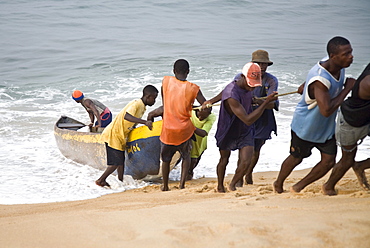
Group of young men pulling a fishing boat out of the ocean. Sulima is a fishing village on the Alantic coast at the mouth of the Moa River near the Liberian border. Along its pristine beach, one of the longest in West Africa, fishermen launch dugout canoes and fish with nets drag back manually from the shore. Larger power boats mainly from Ghana leave from the more sheltered harbour on the Moa River. Most of the fish is smoke dried by the women of the village and then sold in markets as far off as Monrovia, Liberia.
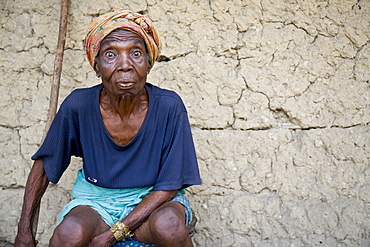
Elderly woman making a funny face. Sulima is a fishing village on the Alantic coast at the mouth of the Moa River near the Liberian border. Along its pristine beach, one of the longest in West Africa, fishermen launch dugout canoes and fish with nets drag back manually from the shore. Larger power boats mainly from Ghana leave from the more sheltered harbour on the Moa River. Most of the fish is smoke dried by the women of the village and then sold in markets as far off as Monrovia, Liberia.
